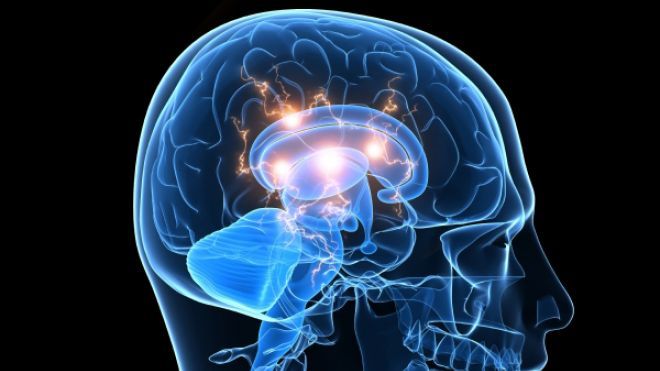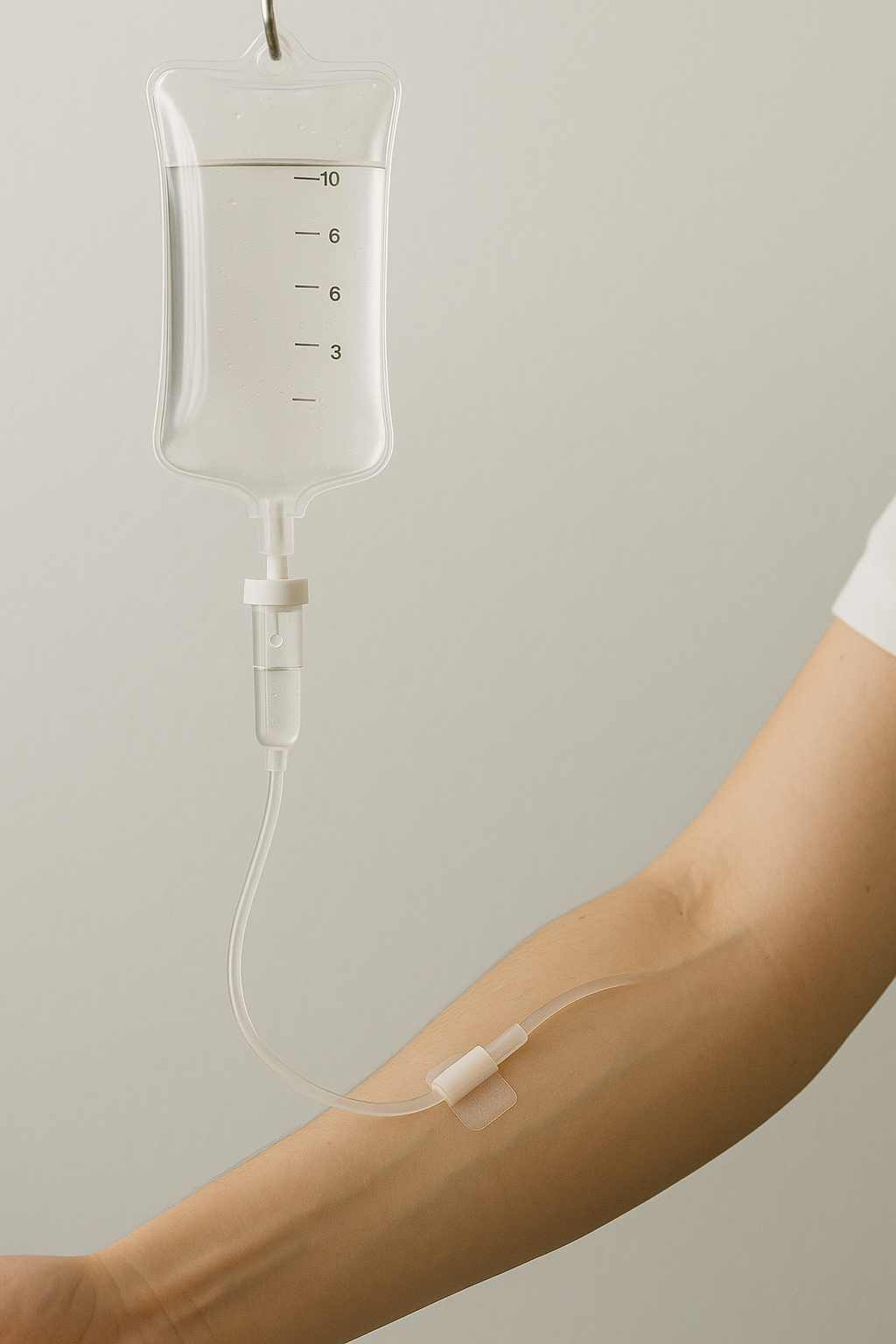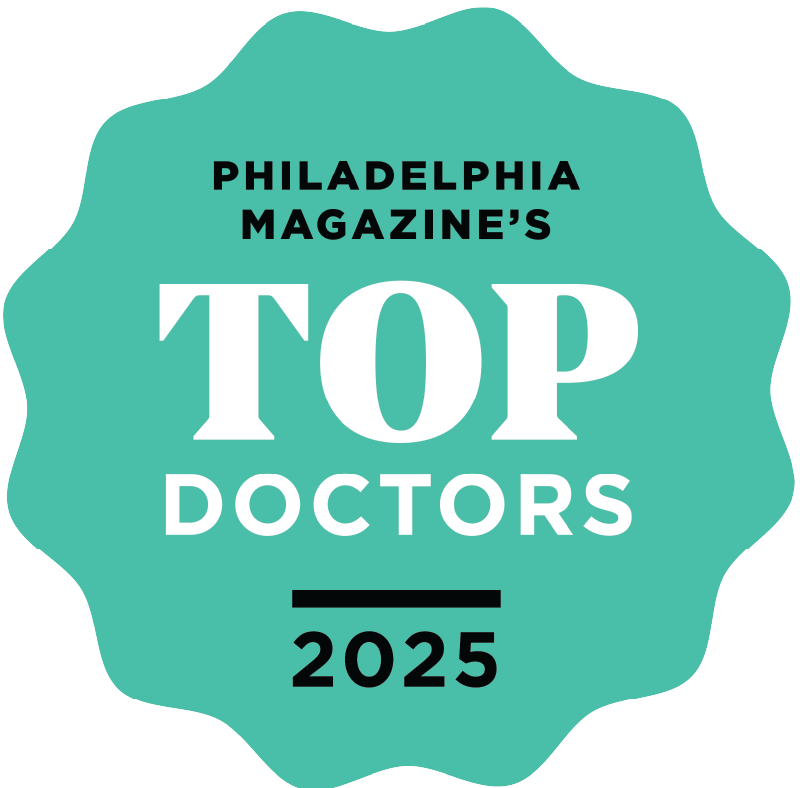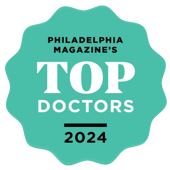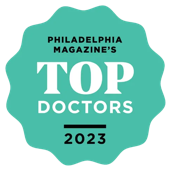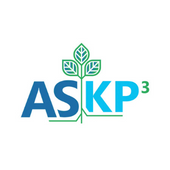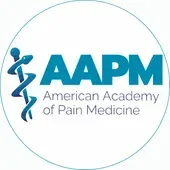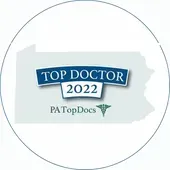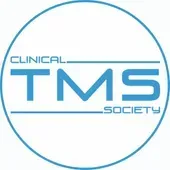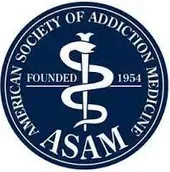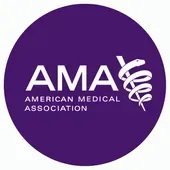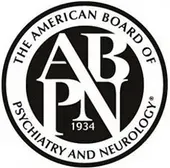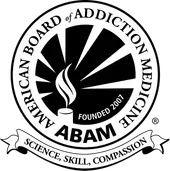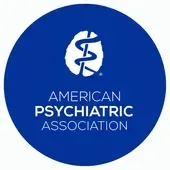Neuropsychiatry: Innovative and Effective Treatment Options
Wave Treatment Centers
Neuropsychiatry: Innovative and Effective Treatment Options
Neuropsychiatry is in constant evolution. The fields of neurology and psychology have always been intertwined, therefore identifying a correlation between mental and physical health. Despite this, mental illness continued to be treated exclusively through psychotherapy for many years. Excitingly, that is changing. Current treatments are combining innovative technology with talk therapy to address mental disorders and addiction at their source: the brain. Certified by the American Board of Psychiatry and Neurology in psychiatry, Dr. Jonathan Beatty uses his expertise to shed light on how these treatments work, how they are beneficial, and what they mean for the future of neuropsychiatry.
What Is Neuropsychiatry?
Neurology refers to the function of the brain while psychiatry focuses on the behavioral aspects or outcomes that result from the brain’s inner-communications. The brain communicates through electric signals and hormones. These signals activate or inactivate certain channels, impacting the travel of neurotransmitters. These neurotransmitters cause the symptoms associated with mental disorders and are essentially the “driving force” behind the behaviors initiated by them.
What Are Common Misconceptions About Neuropsychiatry Treatment?
Mental illness and addiction are often misunderstood, which causes unfortunate stigmatization. Many people believe that addiction is a choice and that those struggling with it are weak or even bad. These offensive stereotypes could not be farther from the truth. Dr. Beatty explains that addiction has a science. When a new substance is introduced to the brain, a pleasure pathway is ignited. Your brain favors this new substance, such as alcohol, drugs, or even caffeine. When that substance runs out, a anti-reward pathway is ignited, spurring withdrawal symptoms. Essentially, the brain is then programmed to crave those substances, causing a physiological dependency.
Additionally, there are misconceptions about treatments for mental and substance use disorders. Popular movies and news outlets have inaccurately portrayed treatment. They show seizure-inducing electric shocks and demonize psychiatric staff members. In reality, these treatments are not extreme and people working with patients are compassionate. This misconception is dangerous as it sparks fear in those needing treatment.
How Has Treatment Improved Over the Years?
Over the course of history, the treatment of mental illness and substance use disorders has drastically improved. The more people understand the human brain and are empathetic to the behaviors that result from mental disorders and addiction, the more accurate treatment becomes. In addition, intertwining treatment options has been beneficial for patients. Dr. Beatty explains that combining medication with talk therapy is an excellent way to ensure patients understands why they are receiving said medication and how it is going to help.
What Is TMS Therapy?
Transcranial magnetic stimulation (TMS) is a form of brain stimulation that can be administered outpatient. In TMS, a device is placed over the patient’s head. First a baseline is established, identifying areas in the brain that contribute to certain behaviors. Once these are identified, they can be targeted by magnetica stimulation in order to promote proper function. The procedure is quick, non-invasive, and painless.
What Is MAT Therapy?
Medication-assisted therapy (MAT) uses medication to make detox easier for many addicts. There are a few different types of medication now available to help those battling alcohol and drug addiction. Some medications reduce withdrawal symptoms while others take away the desirable effects of these substances—even replacing them with an undesirable result.
What Is Psychedelic Psychiatry?
Unlike MAT, which uses more maintenance medications, psychedelic psychiatry uses psilocybin, LSD, ketamine, and ecstasy to treat mental disorders. Though much of this is still being experimented with and refined, a form of ketamine is available to treat depression. Called SPRAVATO or S ketamine, it is a nasal spray that can be inhaled by patients to improve their symptoms of depression.
Would These Treatments Work for Me?
Overall, it is a revolutionary time in the treatment of mental disorders and addiction. With options that treat these disorders at their source multiplying, help is more available than ever. If you or a loved one is struggling with mental illness or a substance abuse disorder the time to get help is now. Contact Wave Treatment Centers at (215) 242-0420 to find the right course of treatment for you.
The post Neuropsychiatry: Innovative and Effective Treatment Options appeared first on WAVE Treatment Centers.
Schedule Your Consultation
Chestnut BLOG Form Submission



